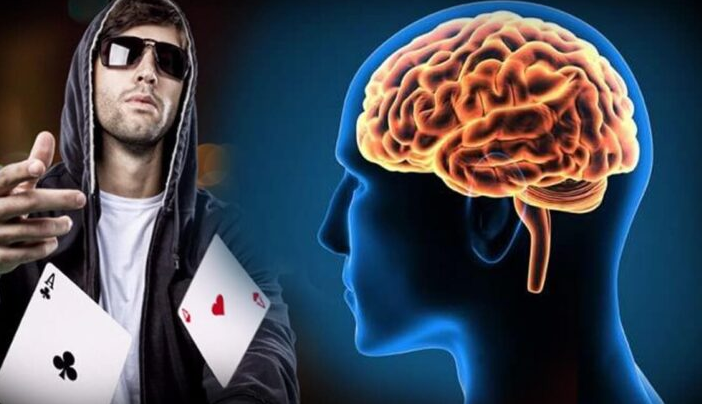Betting is more than just a game of chance; it’s a complex interplay of strategies, emotions, and psychology. Understanding the human mind’s role in betting can significantly impact your approach and, ultimately, your success in this realm. In this guide, we’ll delve into the fascinating world of the psychology of betting, shedding light on how your mind influences the bets you place.

The Gambler’s Mind
The human mind, with its intricate web of thoughts, emotions, and impulses, plays a pivotal role in betting. The allure of potential gains and the fear of losses trigger a range of cognitive and emotional processes. Excitement, risk-taking tendencies, and even biases can affect the decisions made at the betting table.
Risk Perception and the Urge to Bet
One of the primary psychological aspects of betting is risk perception. Individuals have varying levels of risk tolerance, influencing their betting decisions. Some thrive on the adrenaline rush of high-risk bets, while others prefer safer, more conservative wagers. Understanding your risk perception can help you tailor your betting strategy to align with your comfort level, allowing for a more enjoyable betting experience.
The Influence of Cognitive Biases
Cognitive biases, deeply ingrained patterns of thinking, can significantly impact betting behavior. Confirmation bias, where one favors information that confirms preexisting beliefs, and the gambler’s fallacy, expecting a deviation from the norm after a series of events, are examples of biases that can skew decision-making. Recognizing and mitigating these biases is essential for making rational, informed bets.
Managing Feelings in Betting
Emotions are a fundamental aspect of the psychology of betting. Excitement, fear, greed, and frustration often accompany the highs and lows of gambling. Emotional intelligence, the ability to recognize, understand, and manage emotions, is crucial for maintaining a balanced mindset while betting. Emotional stability can help you make logical decisions, mitigating impulsive bets driven by fleeting feelings.
Overcoming Loss Aversion
Loss aversion, a psychological phenomenon where losses are felt more strongly than equivalent gains, can heavily influence betting behavior. The fear of losing often leads to conservative bets or even avoiding betting altogether. Learning to manage loss aversion and accepting losses as part of the betting experience is essential for fostering a healthier relationship with betting.
The Role of Social Proof in Betting Choices
Social proof, the tendency to follow the actions of others in uncertain situations, is a powerful psychological force in betting. Observing successful bettors or following popular betting trends can influence your choices. However, blindly following the crowd can be detrimental. It’s essential to combine social proof with your analysis and judgment to make sound betting decisions.
Skill vs. Luck: Balancing the Equation
Perceiving the role of skill versus luck in betting is pivotal. Understanding that some aspects of betting involve skill, such as strategic sports betting, can boost confidence and encourage more calculated bets. Recognizing luck’s role helps maintain humility and prevent overconfidence, which can lead to reckless bets.
Addiction and Betting
The psychology of betting also encompasses addiction. For some individuals, the excitement and adrenaline associated with betting can develop into a dangerous dependency. It’s essential to recognize the signs of addiction, seek help if needed, and ensure responsible betting practices to prevent its escalation.
Empowering Your Betting Experience
Knowledge is power. Armed with an understanding of the psychology of betting, you can transform your betting approach. By identifying your risk tolerance, managing emotions, staying informed about biases, and cultivating discipline, you’ll empower yourself to make rational, strategic bets and enhance your overall betting experience.
Final Thoughts
In the world of betting, it’s not just the roll of the dice or the shuffle of cards that determines success; it’s the labyrinth of the human mind. The psychology of betting reveals that beneath the surface of odds and strategies lies a complex landscape of emotions, biases, and decision-making processes. Recognizing and understanding this psychological interplay can elevate your betting game, leading to more informed and strategic wagers.

